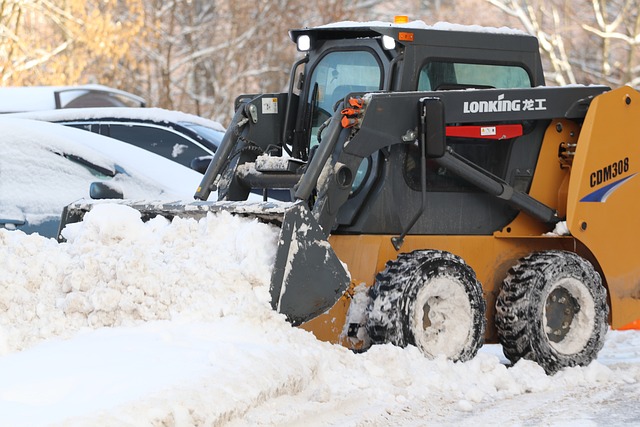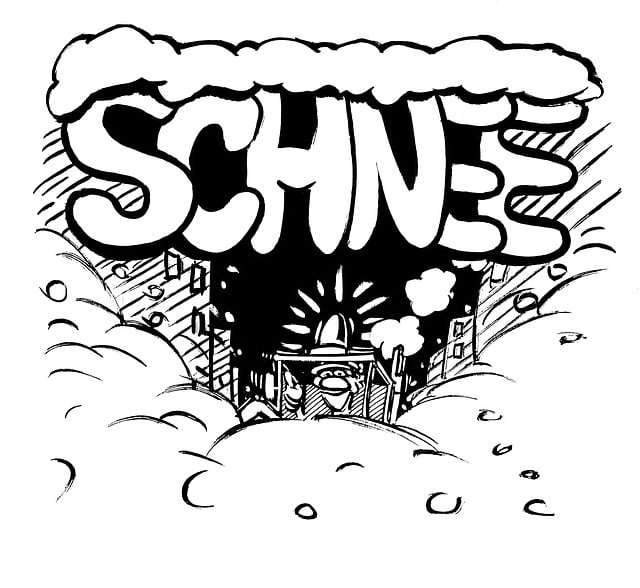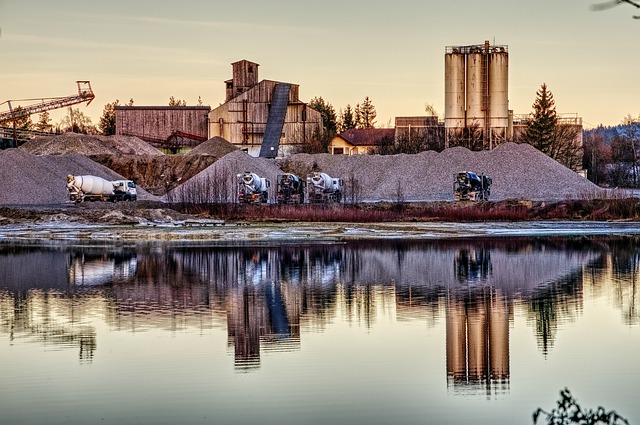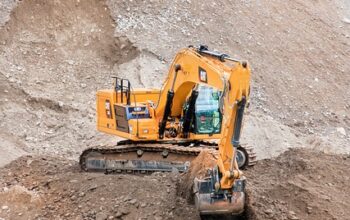Creating a robust contract for a commercial snow removal service requires clear definitions of services (plowing, deicing), response times, equipment maintenance, safety measures, liability coverage, and payment terms. Unlike residential contracts, these agreements cater to large properties, complex layouts, and unique challenges like parking lots and busy business districts. Key components include detailed scope of work, emergency services, maintenance protocols, clear billing, and dispute resolution mechanisms, ensuring a reliable partnership between the commercial snow removal company (e.g., Garlatti Landscaping in Windsor) and clients.
Creating a robust commercial snow removal contract is vital for any snow removal company aiming to thrive in a competitive market. This comprehensive guide, tailored for Garlatti Landscaping and relevant industry peers, delves into crafting a bulletproof contract that protects both the business and its clients. From understanding unique commercial needs and defining service scope, to navigating legalities and fostering longevity through smart contractual practices, we explore every critical aspect of a successful snow removal agreement, focusing on Windsor-specific regulations and industry standards.
- Understanding the Needs of a Commercial Snow Removal Service
- – Identifying key requirements for snow removal in commercial settings
- – Differentiating from residential snow removal contracts
- Crafting Clear and Comprehensive Contract Terms
Understanding the Needs of a Commercial Snow Removal Service

Creating a robust contract for a commercial snow removal service involves understanding the unique needs of this specialized industry. Unlike residential services, commercial snow removal companies often deal with larger properties featuring extensive parking lots, entranceways, and walkways that require efficient and timely clearing. Clients, such as Garlatti Landscaping in Windsor, expect reliable and prompt services to maintain their business operations during winter months.
A comprehensive contract should clearly outline the scope of work, including specific snow removal methods (e.g., plowing, shoveling), salting or deicing services, and emergency response times. It must also address equipment maintenance, safety protocols, liability coverage, and payment terms to ensure a mutually beneficial arrangement for both the service provider and the commercial snow removal company they serve.
– Identifying key requirements for snow removal in commercial settings

When crafting a robust contract for a commercial snow removal service, it’s imperative to define specific requirements tailored to this unique sector. Commercial snow removal companies, like Garlatti Landscaping in Windsor, face distinct challenges compared to residential services. Key considerations include the scale and frequency of snow accumulation, as well as the safety and accessibility demands of busy business districts.
Effective contracts should outline detailed expectations for snow plowing and clearing, specifying equipment and methods used, especially in challenging areas like narrow driveways or complex parking lots. Additionally, it must address snow removal timeframes, emergency response plans, and liability coverage to protect both the service provider and the commercial property owners.
– Differentiating from residential snow removal contracts

When drafting a contract for a commercial snow removal service, it’s crucial to differentiate it from residential agreements. Commercial contracts often involve larger areas, more complex layouts, and unique challenges like parking lots, entrances, and sidewalks that require specialized equipment. Unlike residential properties, commercial sites may also have specific safety regulations, insurance requirements, and legal considerations related to liability.
For instance, a reputable snow removal company like Garlatti Landscaping in Windsor should address these points in their contracts. They must specify the scope of work, detailing which areas will be cleared and how often. Including provisions for emergency services, salt or sand application, and equipment maintenance demonstrates professionalism. Additionally, clearly outlining payment terms, cancellation policies, and any additional services offered can set a commercial snow removal company apart from its competitors.
Crafting Clear and Comprehensive Contract Terms

When drafting a contract for a commercial snow removal service, clarity and comprehensiveness are key. Each term should be meticulously defined to eliminate ambiguity and ensure both parties understand their responsibilities. For instance, specify exactly what constitutes “commercial snow removal” for Garlatti Landscaping in Windsor, whether it includes salting, plowing, or just clearing sidewalks. Clearly outline the scope of work, areas covered, and any exclusions.
Also, detail payment terms, including pricing structures, billing cycles, late fees, and accepted payment methods. Consider incorporating provisions for emergency services, maintenance windows, and how disputes will be resolved. For example, stipulate that Garlatti Landscaping must respond to snow accumulation within 24 hours during severe weather events. These precise conditions will help establish a reliable partnership between the commercial snow removal company and their clients.




